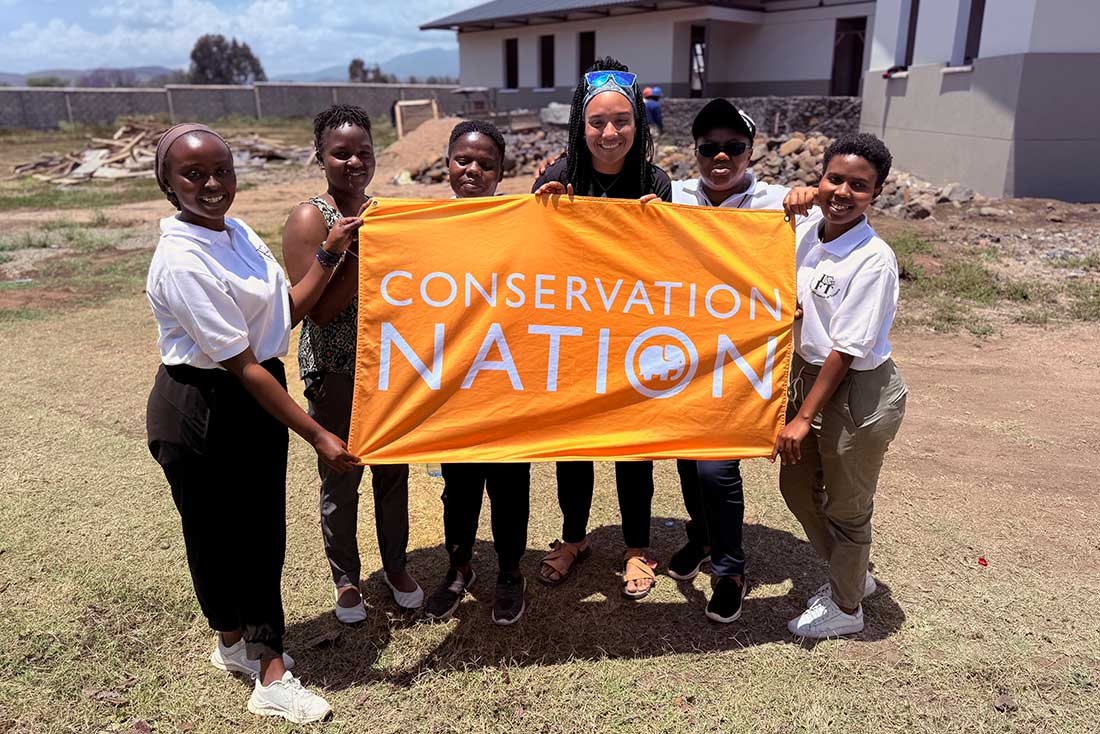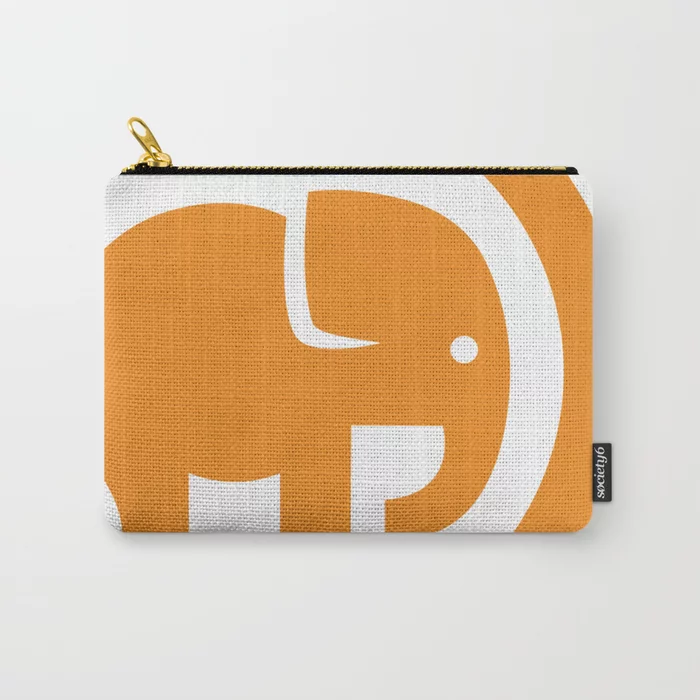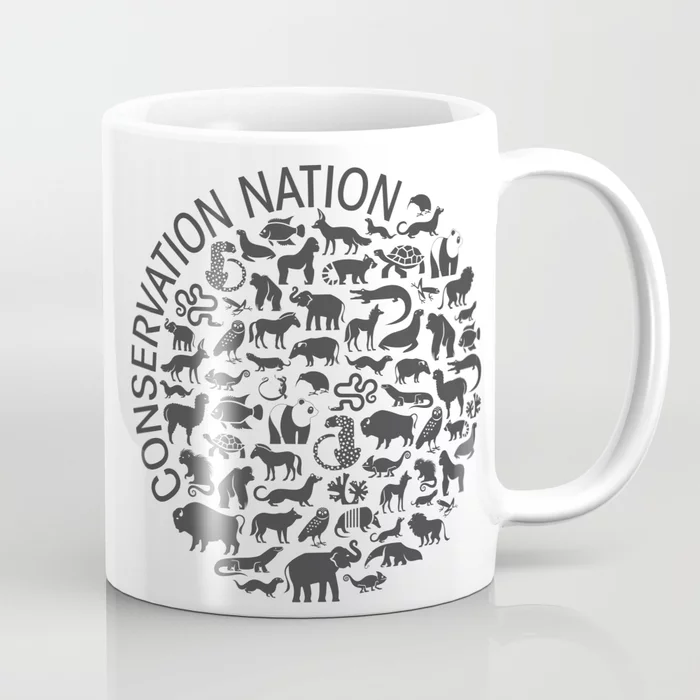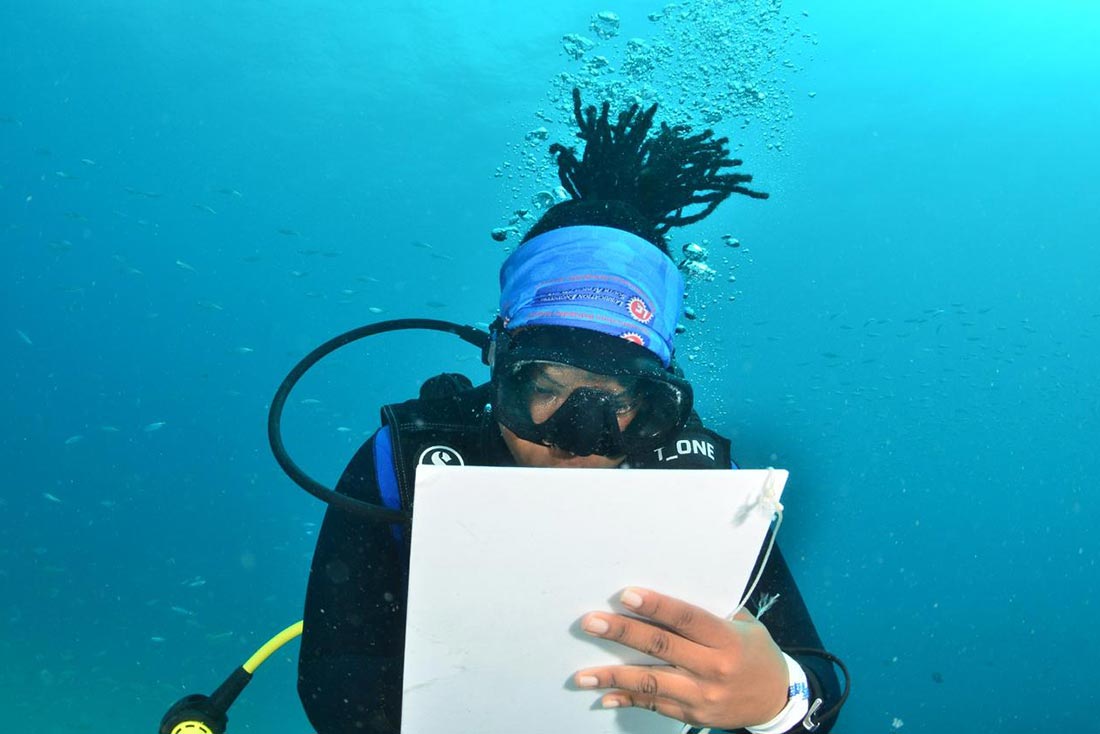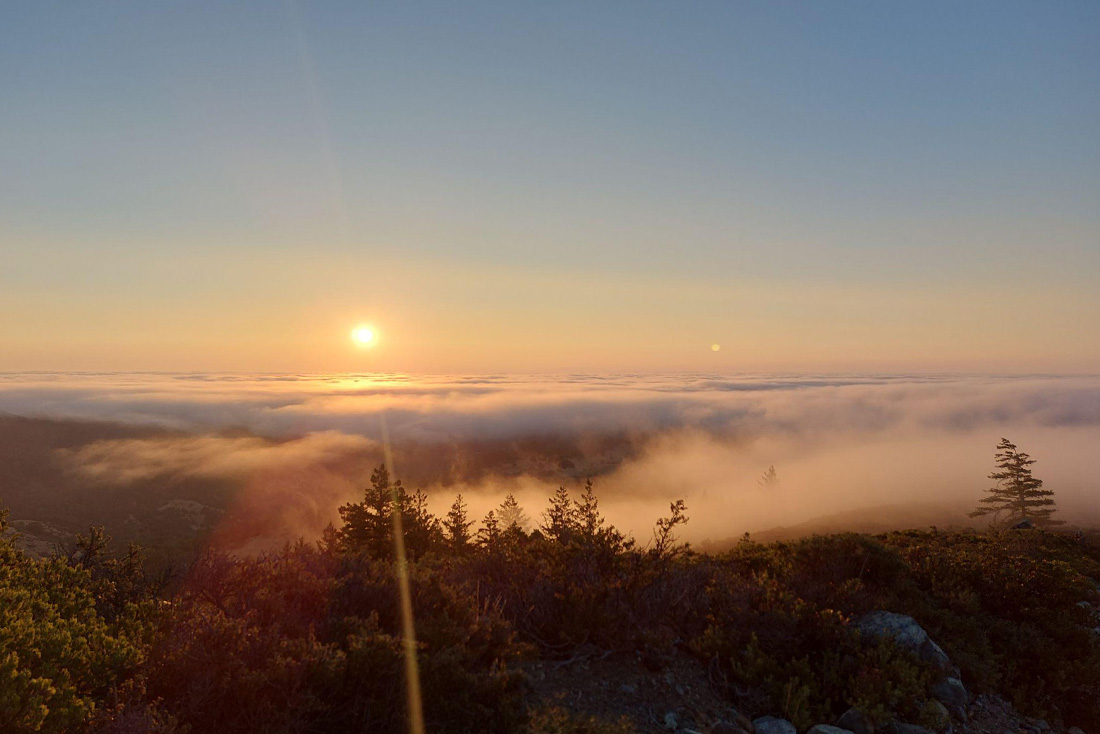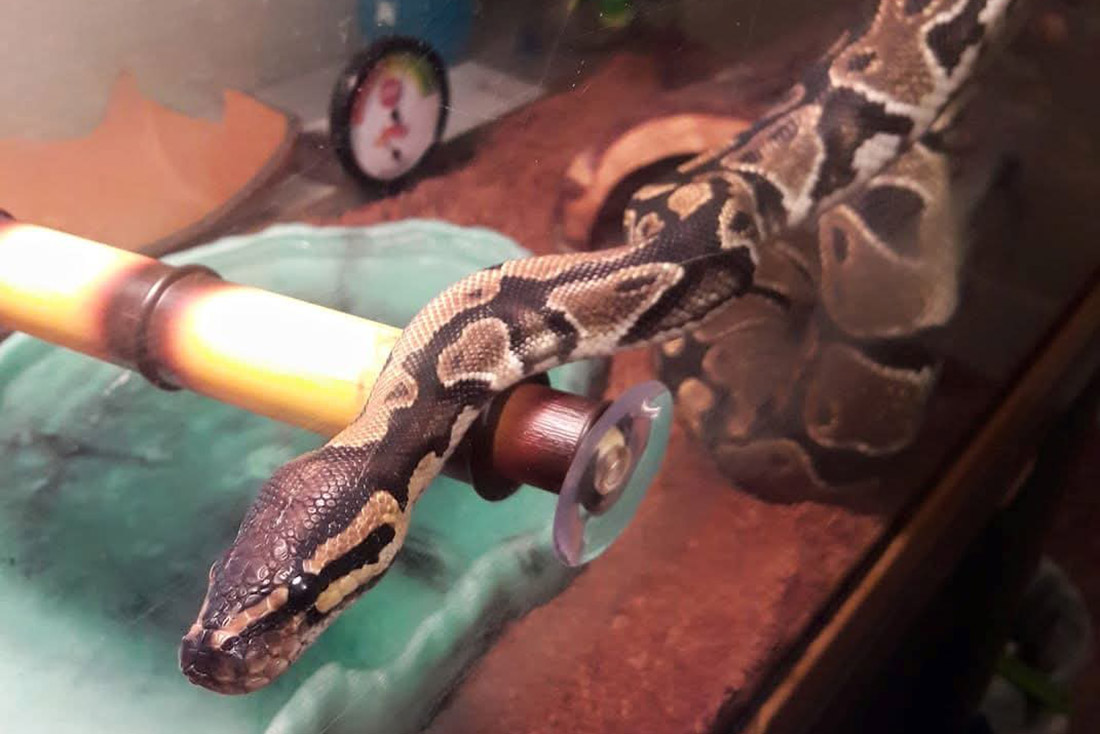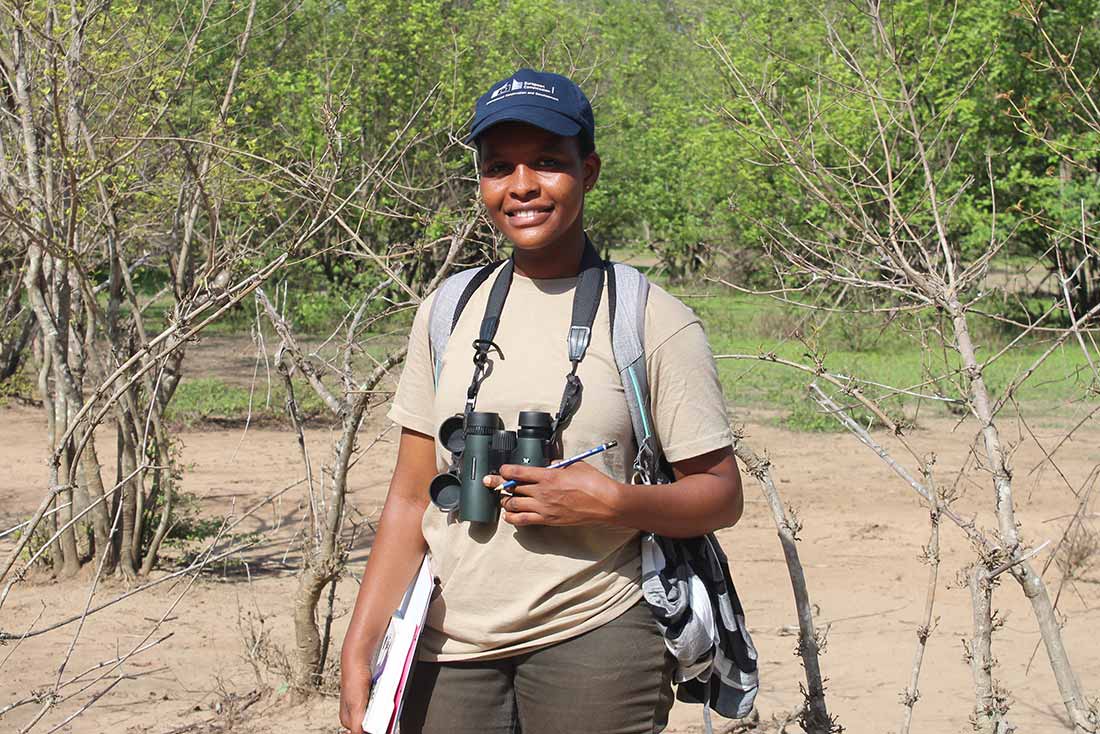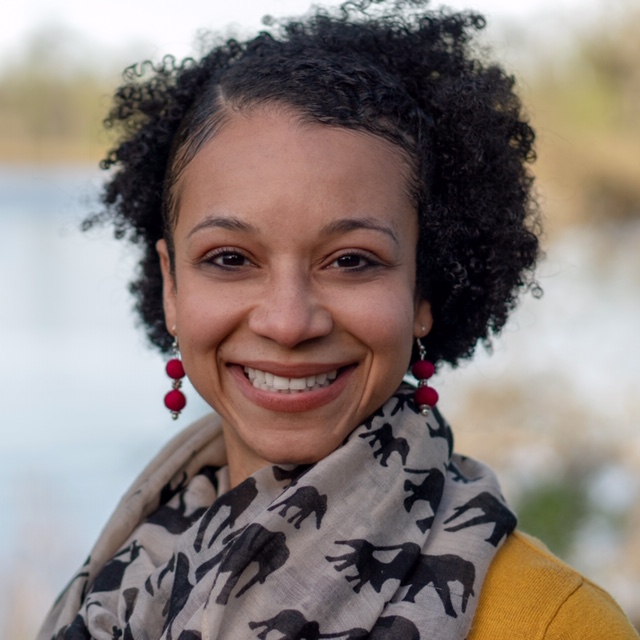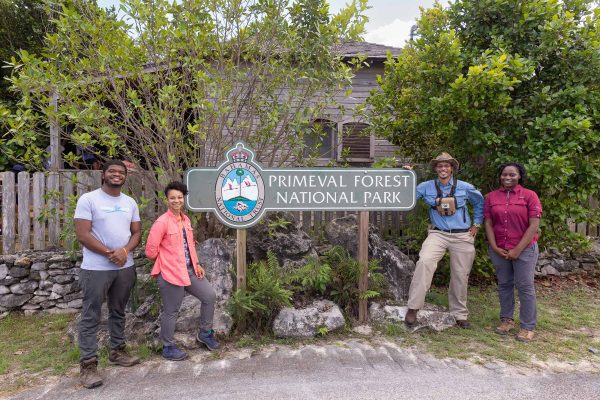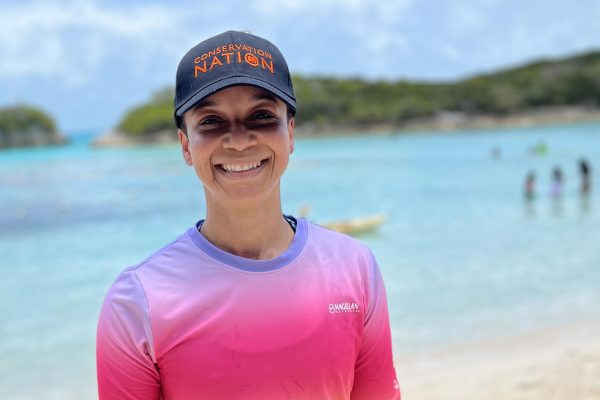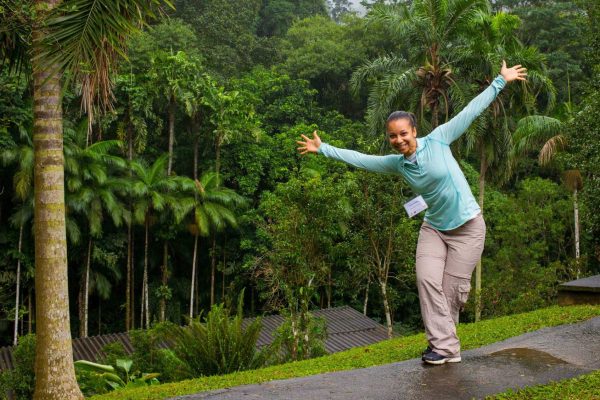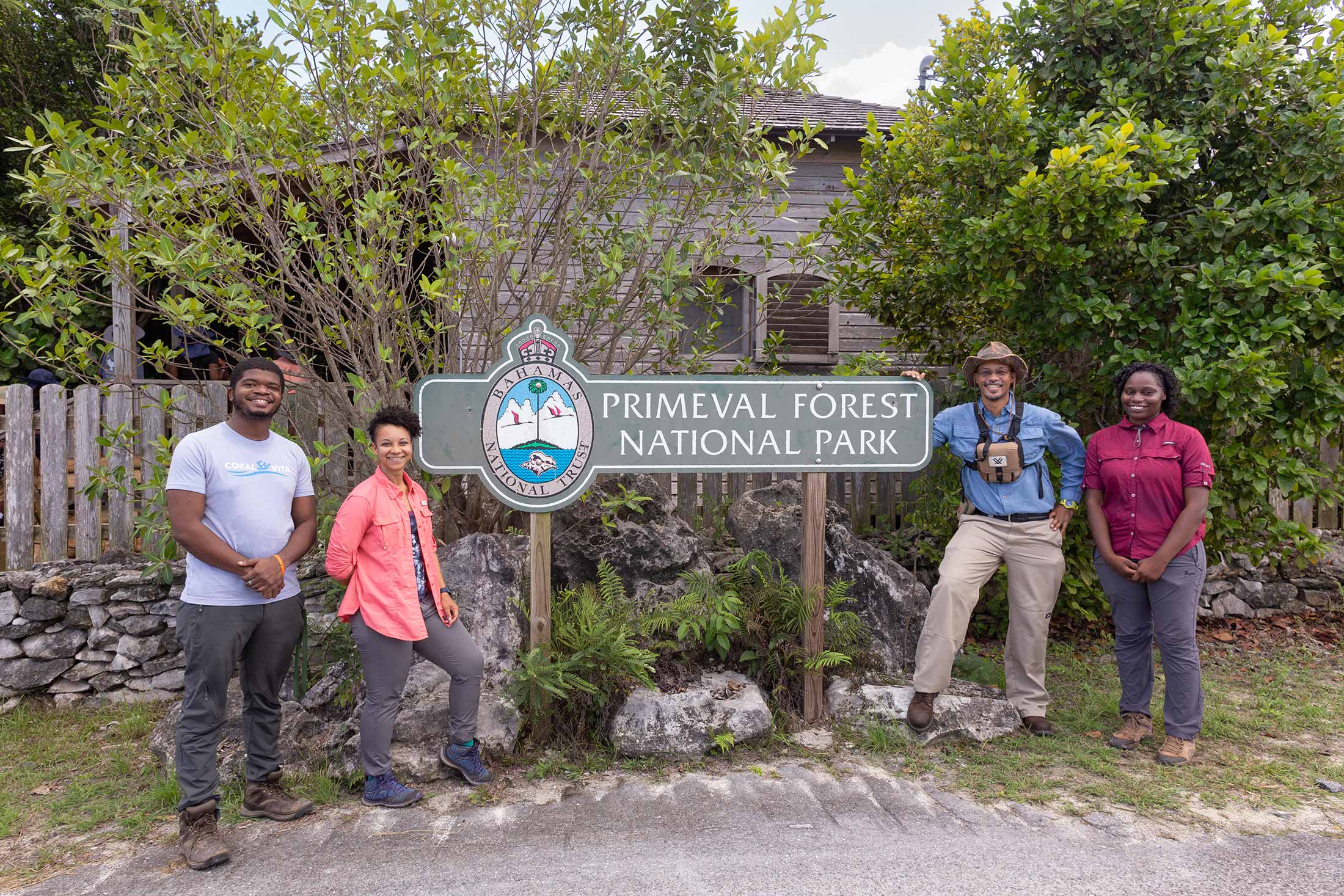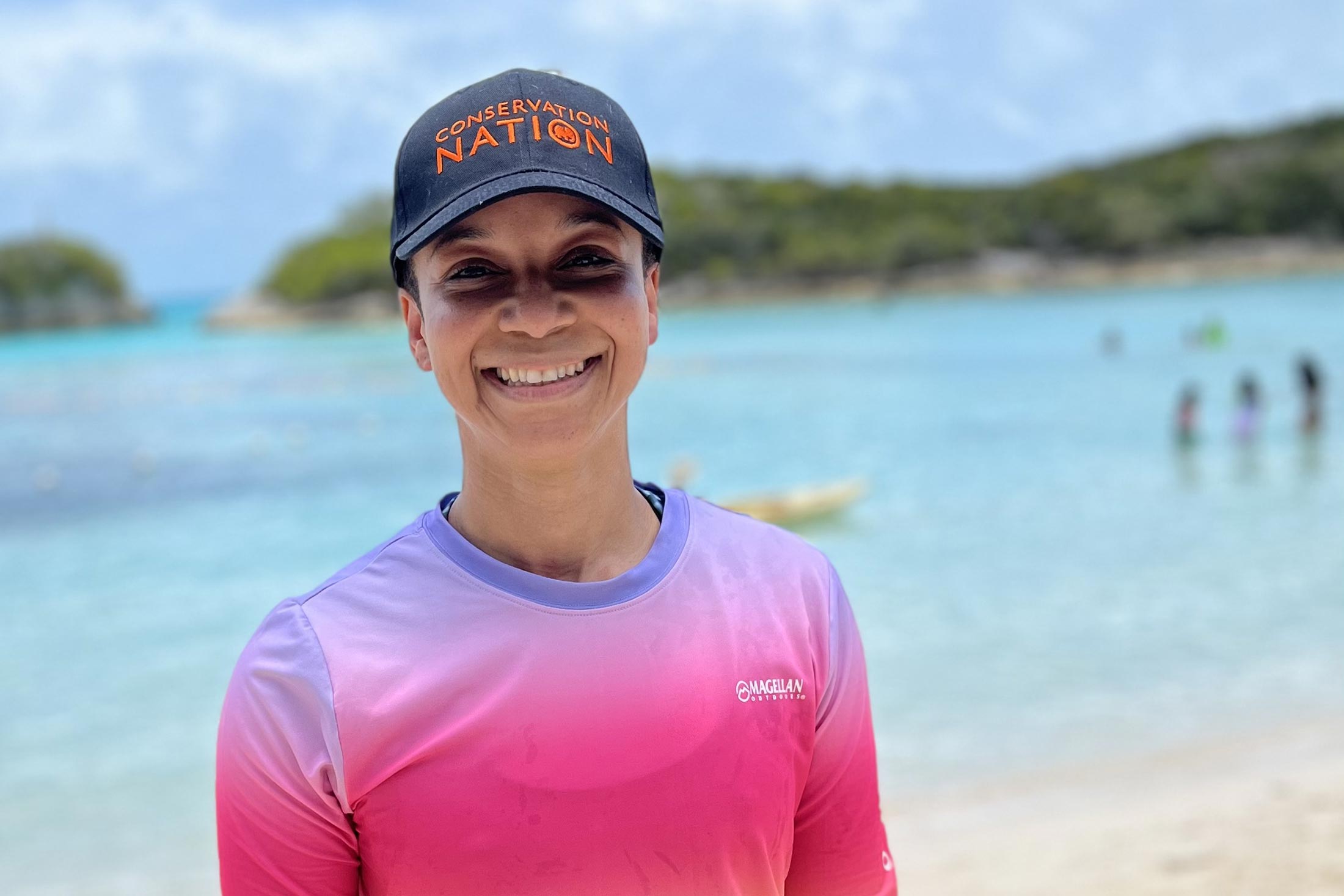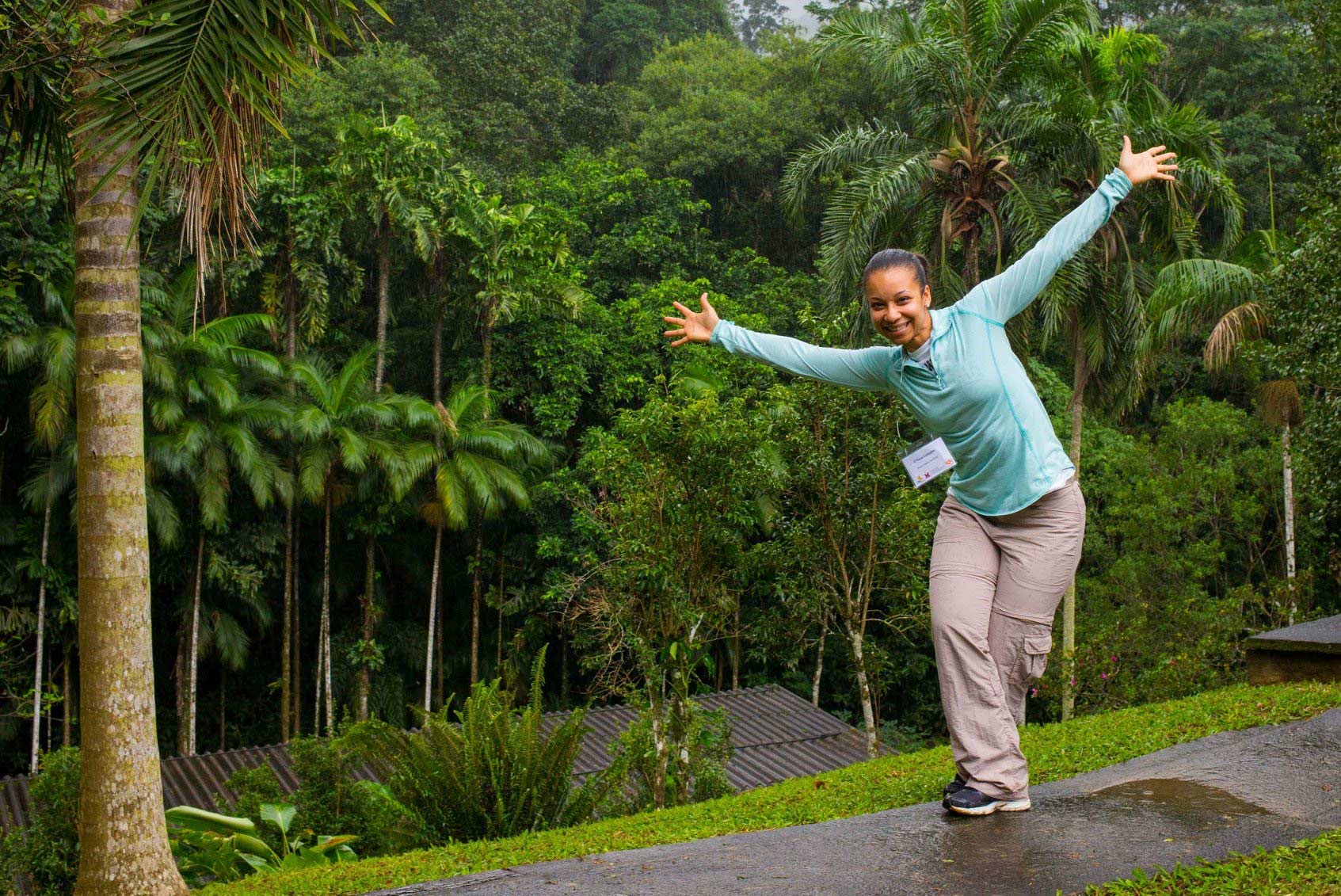Part I: IRL Conservation Reflection
The day is here–finally! After many months of cancellations, setbacks, and trials, I am on a flight to the Bahamas to begin the in-person work for Bahamians, Birds, and Botany (BBB). Although I have appreciated the time to recalibrate, I am excited to see the planning start to take flight–literally and figuratively. However, as I take a moment to reflect on the past six months of this grant, I am reminded of how important it is to remember that conservation does not happen in a vacuum. In real life (IRL) conservation–even when there are no pandemic size impacts–is not immune to challenges and change. Therefore self-awareness, flexibility, and grace are key.
In my recent graduate studies, we explored the literature on self-awareness. Throughout the research and discussions, it was interesting to note that we are not as self-aware as we think–only 10-15% of people are actually self-aware (Eurich, 2018; Tjan, 2012). Being intentional with self-awareness and reflectiveness was something that I wanted to incorporate when working with conservation partners and building relationships for BBB. Moreover, I found that sharing my struggles, being open to changes, and giving grace to myself and others helped support progress.
Flexibility has always been a crucial component of conservation work. Whether you are a wildlife videographer like my good friend Alex Goetz, waiting for the perfect photo of a red wolf, or waiting for community survey results on Asian elephants like Dr. Farina Othman, the right moments and steps take time. However, setbacks can often be blessings as they press us to adapt, grow, and innovate. In addition, the growing pains associated with being flexible require grace for ourselves and others.
When I received this grant in October 2021, I had just started a Ph.D. program in Organizational Leadership. In addition, my family was also preparing for a challenging season with a loved one. Add in a COVID-19 positive Thanksgiving week, canceled trips, and the holidays–grace was the only way through the season. Faith presses me to be grateful for that grace through the storms. There are lessons learned during seasons of trials; what we do after the learning matters most. That brings me to hope, and as conservationists we feel that tension between hope and realism often (Swaisgood & Sheppard, 2010).
The extra time supplied me with a little more space to work through the project and make a few adjustments for the better. Moreover, I appreciate that the Established Conservation Grant through Conservation Nation is supported by a team that is aware, flexible, and gracious. So, as I prepare to land in the Bahamas for the first time in almost four years: I am emotional, grateful, and ready!
Stay tuned for Part II!
Swaisgood, R. R., & Sheppard, J. K. (2010). The culture of conservation biologists: show me the hope! BioScience, 60(8), 626-630.
Tjan, A. K. (2012). How leaders become self-aware. Harvard Business Review.

